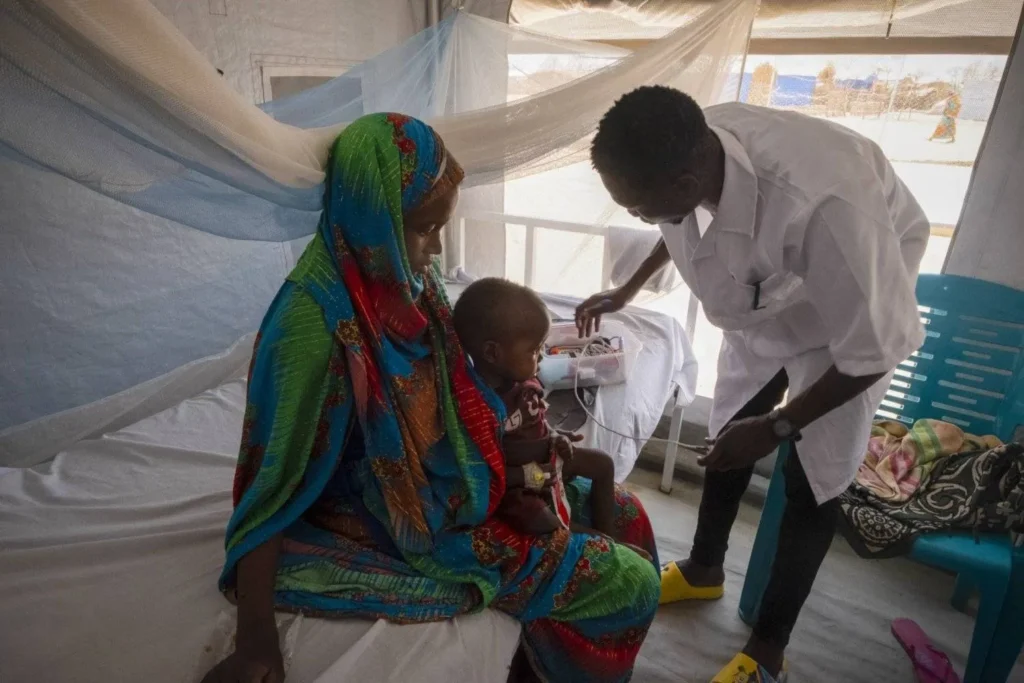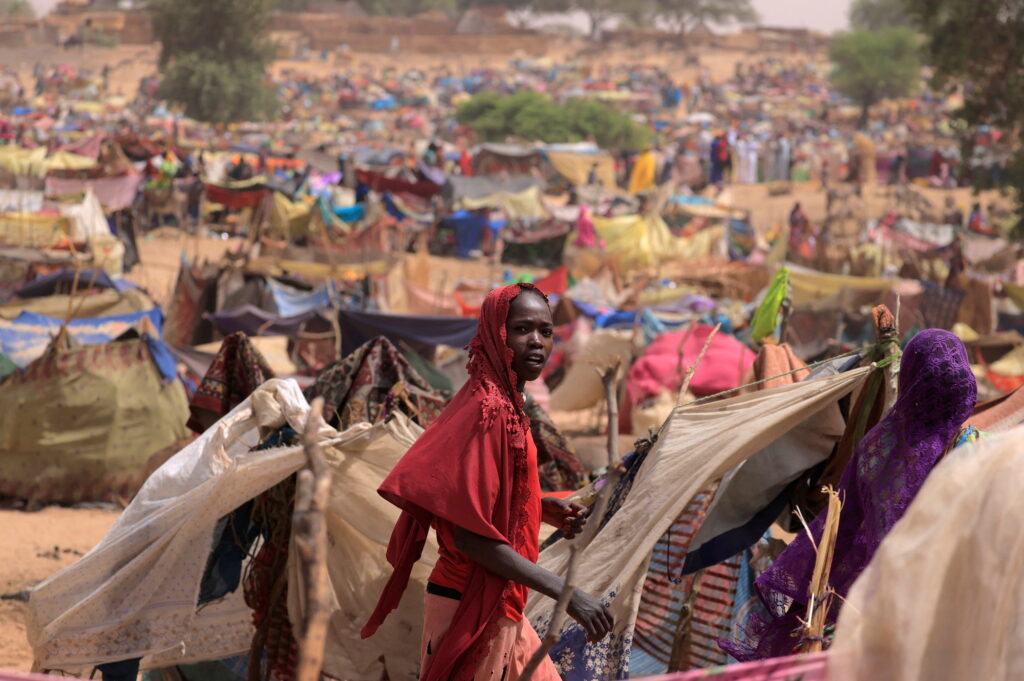
A coalition of former Darfuri rebel groups allied with General al-Burhan’s forces (SAF) launched a major assault on the Rapid Support Forces’ (RSF) Al-Zurug military base in North Darfur on Saturday, aiming to disrupt RSF offensives on the besieged state capital, El Fasher.
The attack underscores the intensifying battle for control in Darfur, a region marred by months of escalating violence. The Joint Force of Armed Struggle Movements (JSAMF), led by Minni Minnawi, the Darfur regional governor and political head of the coalition, reportedly seized military equipment and inflicted casualties on RSF fighters during the operation.
Strategic Objective
Al-Zurug, a pivotal desert base for RSF logistics and operations, is situated northeast of El Fasher. According to sources and footage verified by independent media, JSAMF forces launched a coordinated assault on the base, with the SAF providing air support. The offensive appears to have been designed to stretch RSF resources and temporarily divert attention from El Fasher, where the RSF has intensified its campaign to capture the last SAF stronghold in the region.
“The objective was not to permanently occupy Al-Zurug but to disrupt RSF operations and relieve pressure on El Fasher,” a Sudanese military analyst told media.
Symbolic Target
Al-Zurug holds significant political and symbolic value for the RSF. Built with funding and resources linked to the group, the town was developed as a “victor’s city” following the RSF’s dominance over Darfur rebels in the 2000s. Its construction and expansion were overseen by RSF commander Mohamed Hamdan Dagalo, whose family maintains deep roots in the area.
Dagalo’s father, Hamdan Dagalo Musa, reportedly resides in Al-Zurug and appeared in a video vowing resistance against SAF and JSAMF forces. “This is our land. We will not accept displacement,” he declared.
Competing Claims
In a joint statement, SAF and JSAMF claimed victory, announcing the destruction of five RSF bases and the seizure of significant military assets.
“Your valiant forces have achieved a strategic victory by fully liberating the Wadi Hawar area, culminating in the capture of Al-Zurug military base,” the statement read. It detailed the destruction of 122 military vehicles, the deaths or injuries of over 700 RSF fighters, and the capture of substantial weaponry.
However, the RSF disputed these claims, asserting that it had retaken Al-Zurug by Sunday morning. In a strongly worded statement, the RSF accused SAF and its allies of committing atrocities during their occupation, including the destruction of civilian infrastructure and attacks on unarmed residents.
“The mercenaries left behind a trail of destruction, targeting women, children, and elders,” the RSF alleged, adding that it would pursue its enemies “with unshakable resolve.”
Wider Implications
The battle for Al-Zurug is part of a broader struggle for control of Darfur, where the RSF has seized four state capitals and extended its influence across vast rural areas. However, resistance remains.
SAF maintains a foothold in El Fasher, supported by JSAMF and Zaghawa militias, while other armed groups, including the Sudan Liberation Movement (SLM) and Justice and Equality Movement (JEM), continue to challenge RSF dominance in central and western Darfur.
The attack also coincides with discussions about an RSF-backed civilian government, which could rival the military junta based in Port Sudan. Analysts warn that the fall of El Fasher would solidify RSF’s control over Darfur, paving the way for the group to establish a parallel administration.
As the conflict rages on, Sudan’s political and humanitarian crisis deepens. The United Nations estimates that millions have been displaced, with civilians in Darfur bearing the brunt of the violence.




